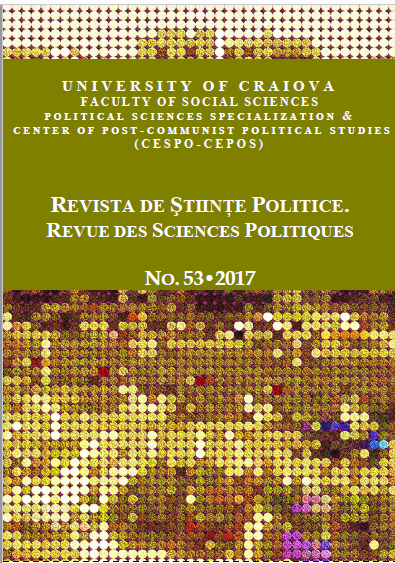Application of the Provisions of art. 102 (2) and (3) of the Criminal Procedure Code in Relation to Special Surveillance Measures Listed under art.138 (1) (a) and (c) of the Criminal Procedure Code Enforced before the Publication in the Official Jour
Application of the Provisions of art. 102 (2) and (3) of the Criminal Procedure Code in Relation to Special Surveillance Measures Listed under art.138 (1) (a) and (c) of the Criminal Procedure Code Enforced before the Publication in the Official Jour
Author(s): Mircea Mugurel ŞeleaSubject(s): Constitutional Law, Criminal Law, Human Rights and Humanitarian Law
Published by: Editura Universitaria Craiova
Keywords: nullity; evidentiary process; body lacking jurisdiction;
Summary/Abstract: The use of the special surveillance methods provided for in art. 138 (1) (a) and (c) of the Criminal Procedure Code by a body lacking jurisdiction to carry out such activities is not grounds for absolute nullity of procedure, since none of the specific and fully inclusive cases provided under art. 281 (1) a) to f) of the Criminal Procedure Code apply. However, the parties or the main litigants claiming an infringement of their rights may raise an application for relative nullity of the evidentiary process. Where the preliminary hearing was completed prior to the publication of Decision no. 51/2016 of the Constitutional Court in the Official Journal no. 190 of 14 March 2016, relative nullity could be raised before the Court at the time of the first main hearing with procedure dully fulfilled set after the publication of the Decision of the Constitutional Court. In this context, it is noteworthy that, until the Decision was published, the litigants were not aware that the evidence was obtained using an evidentiary process undertaken by a body without jurisdiction. At the same time, the poor quality of the law – caused by lack of clarity, precision, predictability and accessibility – cannot be attributed to the persons claiming that, by the enforcement of such law, their rights were infringed.
Journal: Revista de Științe Politice. Revue des Sciences Politiques
- Issue Year: 2017
- Issue No: 53
- Page Range: 103-111
- Page Count: 9
- Language: English

